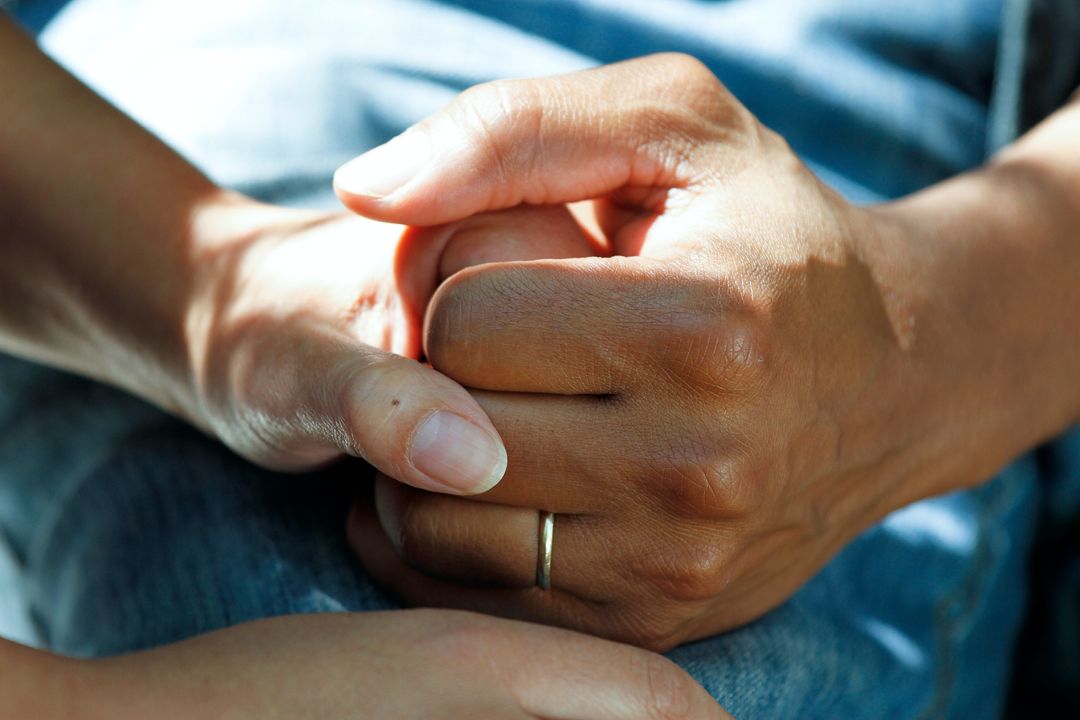Starting a conversation with a loved one about opioid addiction treatment requires empathy, understanding, and an informed approach. Using “I” statements, offering support, and being prepared for resistance can help guide the conversation towards seeking help.

Starting a conversation about opioid addiction treatment with a loved one can be difficult and uncomfortable, but it is a crucial step in helping them get the help they need. Here are some tips for starting the conversation:
First, approach the conversation with empathy and understanding. Addiction is a complex issue, and it is important to approach the conversation with kindness and without judgment. Let your loved one know that you care about them and are there to support them.
Next, educate yourself about opioid addiction and treatment options. This will allow you to have an informed conversation with your loved one and help them understand the options available to them.
When talking to your loved one, use “I” statements to express your concern and feelings. For example, you might say, “I am worried about your health and wellbeing, and I want to help you get the support you need.”
Be prepared for resistance or defensiveness from your loved one. Addiction can be a sensitive topic, and it is common for individuals with addiction to feel defensive or ashamed. Try to approach the conversation with patience and understanding, and be prepared to listen to your loved one’s perspective.
Finally, offer support and resources. Let your loved one know that they are not alone, and that there are many resources available to help them get the treatment they need. Offer to help them find an addiction treatment center, accompany them to appointments, or provide other forms of support.
Starting a conversation about opioid addiction treatment can be challenging, but it is an essential step in helping your loved one get the support they need. With empathy, understanding, and support, you can help your loved one on the road to recovery and a healthier life.






